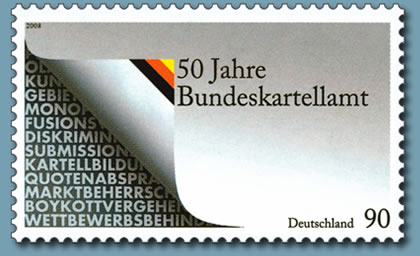by Lena Rindfus, Stefan Horn and Peter Bert
In a recent decision, the Federal Supreme Court (Bundesgerichtshof) held that German courts have jurisdiction to fully review arbitral awards applying competition law, if such an award is before them in enforcement or setting aside proceedings. The prohibition of a révision au fond, that is, a substantive review of the arbitral award by the ordinary courts, which is part of both the German domestic arbitration law and the New York Convention, does not apply in that context. Hence, lengthy and complex arbitral proceedings could end up being just “first instance proceedings” on their way to the ordinary courts if they relate to competition law matters. Read More



